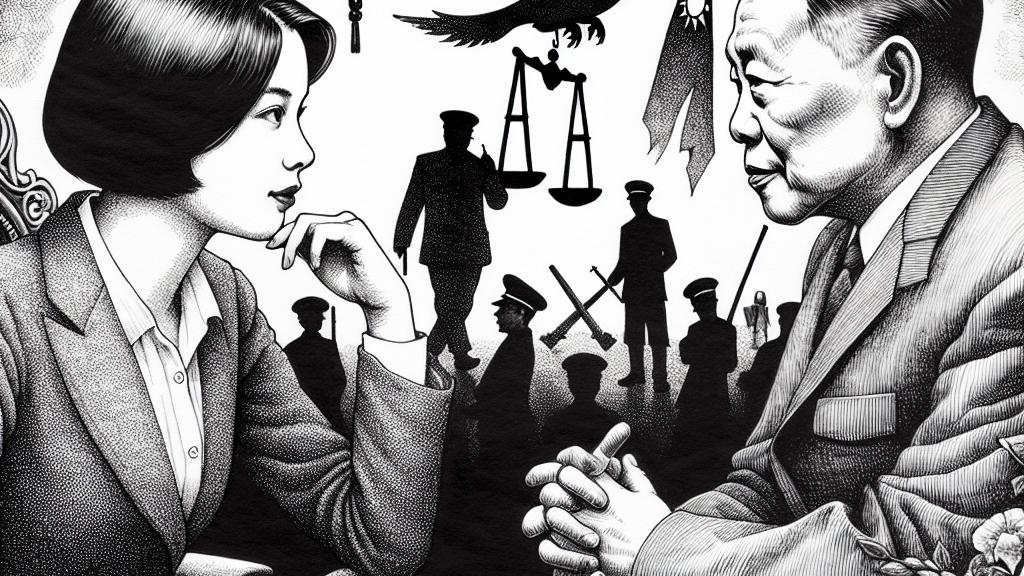Haley Champions Moral Clarity: Taiwan vs China Showdown!
Overview
- Nikki Haley underscores the importance of moral clarity in supporting Taiwan against China's authoritarianism.
- Advocates for stronger international recognition and support for Taiwan's sovereignty.
- Emphasizes critical US-Taiwan defense collaborations amid rising geopolitical tensions.

A Visit Packed with Purpose
On August 22, 2024, Nikki Haley, the former U.S. Ambassador to the United Nations, made a noteworthy visit to Taiwan and met with President Lai Ching-te. This visit was more than a diplomatic gesture; it was a statement of solidarity with a democratic ally facing severe pressure from China. Haley spoke passionately about the concept of 'moral clarity,' highlighting the stark contrasts between Taiwan's commitment to democratic values and China's oppressive authoritarian regime. She pointed out how Taiwan represents the human struggle for freedom, which is increasingly crucial in a world where many nations battle against repression. This message resonates powerfully, urging the international community to prioritize human rights and democratic governance.
Championing Taiwan on the Global Stage
In her address at the Ketagalan Forum in Taipei, Haley made a compelling case for increasing the global visibility and support for Taiwan. She insisted that Taiwan should not only gain moral backing from allies but also be recognized as a fully-fledged member of the international community, particularly in institutions like the United Nations, despite active opposition from China. Her advocacy underscores the need for a united front among democracies to counteract China's attempts to isolate Taiwan diplomatically. The urgency of her message highlights that supporting Taiwan's rights and sovereignty is not just a regional issue; it is a global responsibility to protect democratic values against encroaching authoritarianism.
Strengthening Defense Ties in a Critical Era
Haley stressed that with escalating military tensions in the region, it is imperative for the United States and Taiwan to fortify their defense partnerships. She highlighted the necessity for comprehensive military cooperation, which includes joint exercises, technological advancements, and enhanced intelligence sharing—especially as China's military presence continues to grow. By strengthening these ties, both nations can foster a more effective deterrent against potential aggression. This partnership signifies a commitment not only to Taiwan's sovereignty but also to the broader stability of the Asia-Pacific region. As both countries navigate a complex geopolitical landscape, the emphasis on military readiness and cooperation will be vital to ensuring that democratic nations prevail over authoritarian ambitions.

Loading...